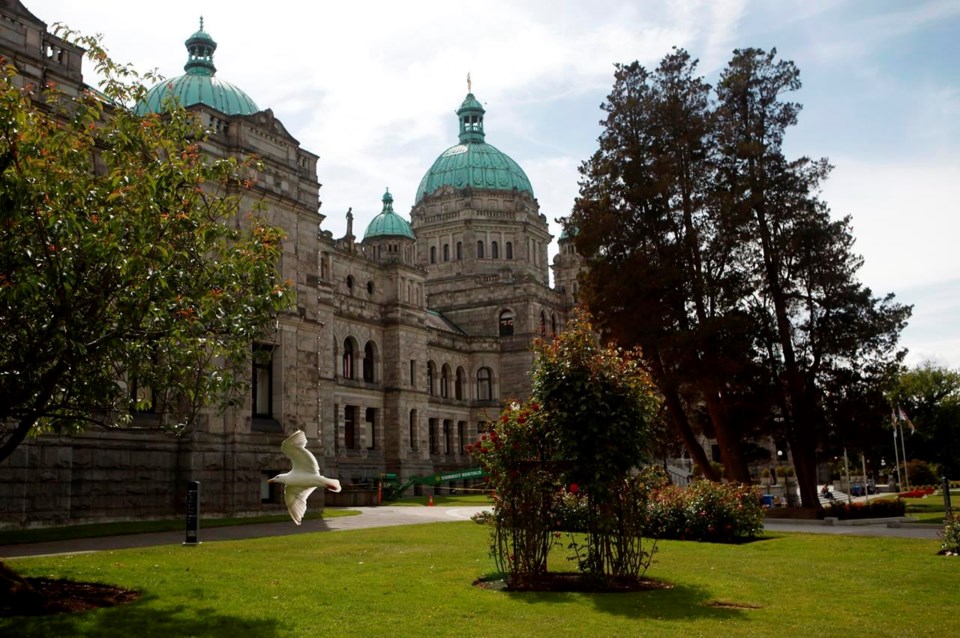VICTORIA — A proposed overhaul of legislation would make British Columbia the first province in Canada to legally recognize the right of Indigenous communities to provide their own child welfare systems, the government says.
Mitzi Dean, the minister of children and family development, said bringing B.C.'s laws in line with similar federal legislation that came into force in 2020 would reduce barriers for Indigenous communities that want to create and manage their own systems.Â
The current provincial legislation does not allow the B.C. government to hand over the case of a child entering care to an Indigenous government or step back if an Indigenous government is prepared to take over an ongoing case, she said.Â
"We need to pass legislation to get those barriers out of the way, and to be supportive of nations exercising their jurisdiction because we know nations want their children to be cared for in a way that reflects their culture and customs and teaching," she said.
The changes would include establishing a new Indigenous child welfare director at the Children's Ministry, and allowing for information sharing and consent agreements between the province and Indigenous governments.Â
Dean said fundamental changes are needed to help reduce the overrepresentation of Indigenous children in care.
Cowichan Tribes Coun. Stephanie Atleo said the changes recognize the impact that policies from the past have had on Indigenous children and families and represent a significant step toward reconciliation.Â
“We are committed to securing for each Cowichan child the physical and emotional care and guidance for them to thrive, preferably in their own homes,” she said.
“Similarly, we know that preserving and strengthening family connections will also preserve, preserve and strengthen the child's cultural and tribal identities. These inherent rights and responsibilities must be considered in all decision-making with respect to Cowichan children and families.”
The federal government passed Bill C-92 in 2019 and it came into force the next year. It allows Indigenous communities to exercise jurisdiction over child and family services and establishes national minimum standards.
Four Indigenous governing bodies in B.C. — the Cowichan Tribes, Gwa’sala-Nakwaxda’xw Nations, Splatsin First Nation and Sts’ailes First Nation — are already working on agreements with the federal and provincial governments that would see them take over child welfare.
Splatsin First Nation Coun. Theresa William said there are some concerns over how fast the B.C. changes were made but she is hopeful they will have a positive impact.
“We'll have to wait and see whether these amendments truly begin a relationship between the province and Splatsin, where barriers will be removed as we exercise our jurisdiction under our bylaw,” she said.Â
In a statement, Regional Chief Terry Teegee of the B.C. Assembly of First Nations said the child welfare system has been a deep source of pain and injustice and "today, that era comes to an end in British Columbia."
"Will it be easy to make all the changes needed when it has been entrenched for so long that First Nations have not been seen as good parents due to racism and stereotypes? No, it will not," Teegee said.
"But we will never go back to those days again, and together we will work to ensure that children grow up to be the people they wish to be with the love and support of our peoples in every part of their lives."
— By Ashley Joannou in Vancouver
This report by The Canadian Press was first published Oct. 26, 2022.
The Canadian Press




